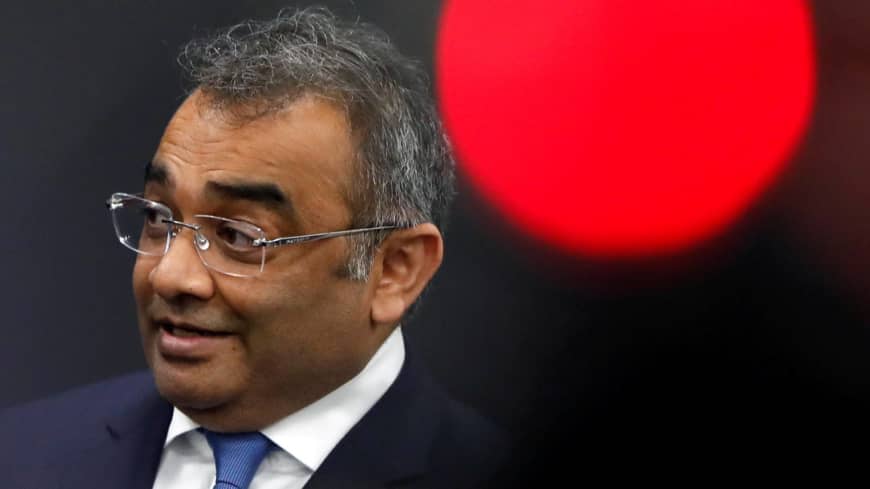Nissan has hailed the Brexit deal, saying the agreement will give it a “competitive advantage” as the company commits to producing new electric vehicle batteries at its Sunderland plant in the UK.
The company’s Chief Operating Officer, Ashwani Gupta said that the deal gives Nissan the chance to “redefine the industry” and described new customs procedures resulting from Brexit as “peanuts”.
The COO made these remarks as the Nissan revealed that supply chain problems would result in a production line closing at the factory. The company insisted it was down to COVID-19 and not Brexit red tape.
Nissan was one of the most vocal business opponents of a no-deal Brexit, saying the imposition of tariffs would threaten the viability of its UK manufacturing base.

However, in a change of tone, Mr Gupta said that following the agreement of a tariff-free deal, Nissan would now be in a position to capitalize.
He added that the company would begin making the batteries for its long-range electric Leaf model in Sunderland later this year, a move that would likely create jobs on Wearside.
“Brexit for Nissan is positive, and being the largest automaker in the UK, we will take this opportunity to redefine the industry here.
“Brexit gives us the competitive advantage, not only in the UK, but outside the UK also. Because in how many [manufacturing] locations in Europe are the batteries localised? Very few.”
The COO also said changes to customs procedures had had no impact on Nissan because of its scale.
“The sort of problems that we are seeing in the ports is peanuts, frankly. For a global manufacturer that is running 150 markets and 40 plants around the world, to have additional documentation and to fill out a form at the border, it’s nothing.
“We were prepared for it, we had upgraded our software and our processes, it’s okay. Of course when you bring a change you need to have agility, to adapt to the new change – that’s the beauty of the organisation.”
Mr Gupta also believes the UK ban on new internal combustion engine vehicles from 2030 means consumers will begin choosing electric models from around 2024 onwards, and that Nissan will capitalize.
“I think that the UK gets the advantage by having the battery localised already.
“We are going to explore this opportunity from now onwards – not only battery, but electrified vehicles. That’s where we believe Brexit brings the competitive advantage to Nissan as a homemaker.”

He also indicated that its UK models, led by the Qashqai SUV, will have a price advantage over its direct competitor vehicles, all of which are imported.
“Of course it’s too early to say but all the statistics that we are now studying gives us the indication that we will have the competitive advantage.
“Sunderland is already one of our most competitive plants in the Nissan world. We’ve been there for more than 35 years, which means we have a very competitive supply base.
“We are also going to get an advantage with rules of origin. We are going to get an advantage from sourcing the cars which come to the UK – not only from Europe but mainly outside.”
UK Prime Minister Boris Johnson seized the COO’s comments saying the commitment to Sunderland was “a great vote of confidence in the UK and fantastic news for the brilliant Nissan workforce in Sunderland and electric vehicle manufacturing in this country”.



















